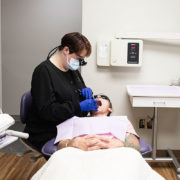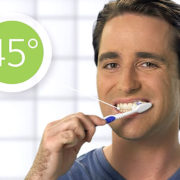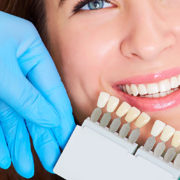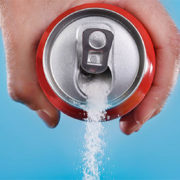COVID-19 Update
Dear Valued Patients,
We hope this letter finds you and your family in good health. Our community has been through a lot over the last few months, and all of us are looking forward to resuming our normal habits and routines. We miss seeing you, and we want to provide you with the best experience during your next visit to The Dental Loft.
Infection control has always been a top priority at The Dental Loft. Our infection control processes ensure that you remain safe and comfortable while receiving care. As your safety is our upmost concern, team adheres to infection control recommendations published by the American Dental Association (ADA), the U.S. Centers for Disease Control and Prevention (CDC) and the Occupational Safety and Health Administration (OSHA).
Please find below, the enhanced infection control procedures that are followed at The Dental Loft in response to the coronavirus (COVID-19):
- A member of our team will communicate with you before your visit to ask several screening questions. You will be asked those same questions as you enter the office, and during that time we will take your temperature with a touchless thermometer.
- Hand sanitizer will be located at the reception desk, which we will ask you to use upon your arrival.
- Magazines and other items that are difficult to clean and disinfect have been removed from our reception area. If you are scheduled for an in-office crown or other lengthy procedure, please feel free to bring your own reading material or headphones.
- You may choose to wait in your vehicle until your scheduled appointment. You can simply text the number we used to confirm your appointment to inform us that you are waiting outside.
- Our reception area will allow for social distancing between patients. Please bring as few people with you to your appointment as possible.
- Your clinical providers will greet you wearing a mask (these are surgical-grade fit-tested masks).
- HEPA filtration units have been installed in each treatment room to further improve the air quality.
When you visit our office, we kindly ask that all patients and escorts follow the Governor’s recommendation to wear face coverings or masks. If you do not have a mask, you may purchase one here for $1.00.
We hope to see you soon!
Sincerely,
Dr. Heather Keeling and The Dental Loft team






